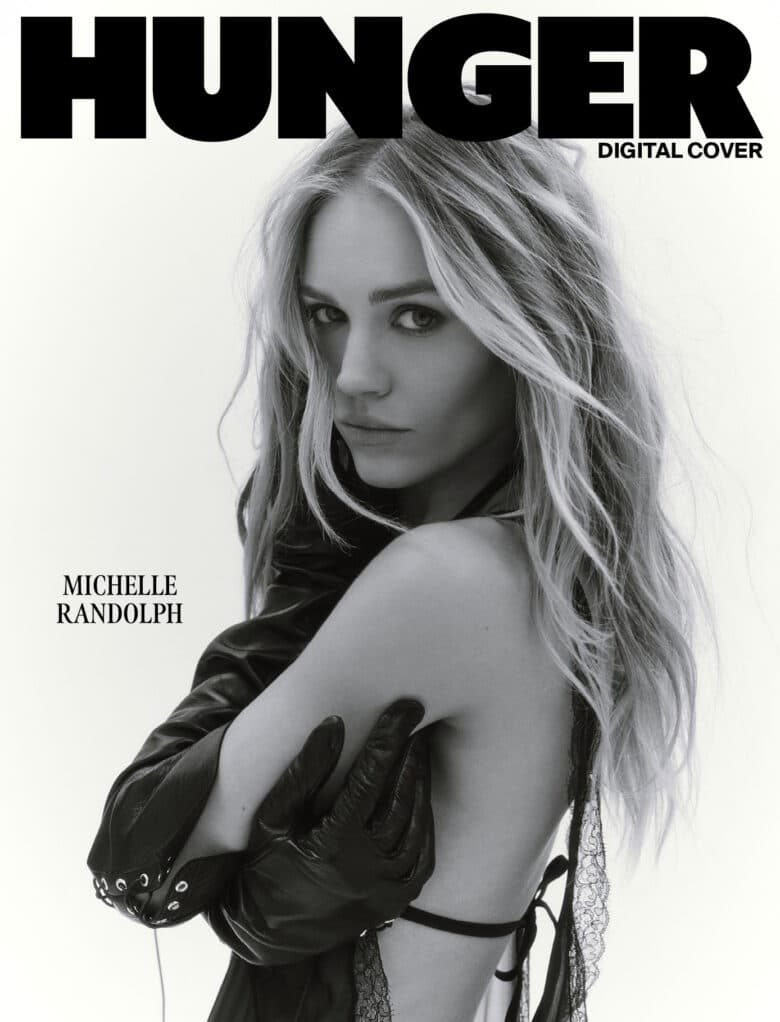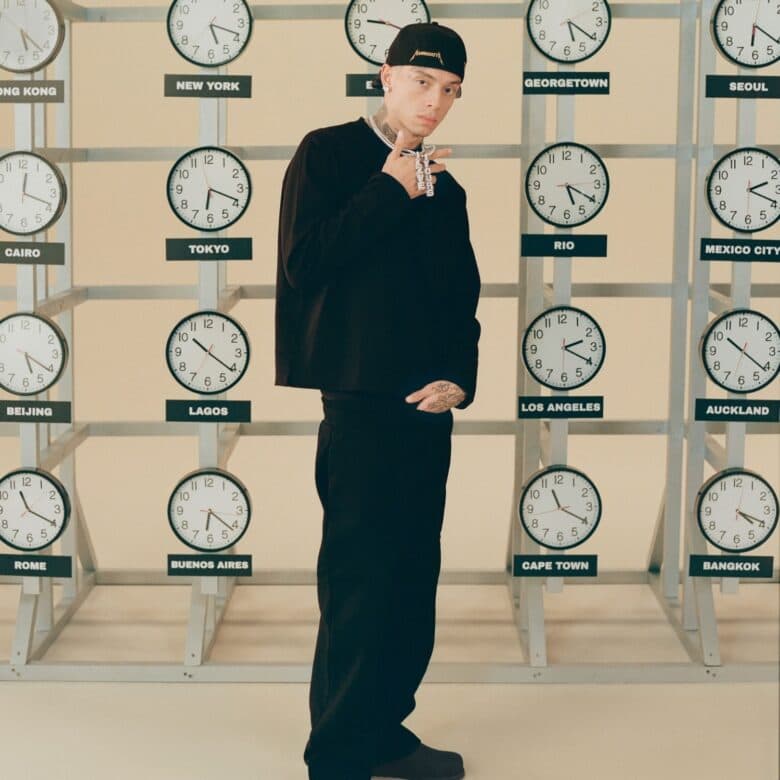The dark side of reality TV

The day after the women’s football team brought it home in the Euros, the Love Island final aired, providing a perfect excuse for the media to compare the “vapid antics of the over-primped females” with the Lionesses’ “perfect example of real girl power”. I’m sure I don’t need to tell you that reality TV stars have a bad reputation. Much like the term “influencer”, it is a “job” description that is often sneered at and associated with narcissism and a lack of talent. These stars are painted as talentless and trashy in the media, yet the appetite for watching and appearing on reality TV has grown exponentially since I had my own experience as a reality star ten years ago.
Let’s take Love Island: it has become a cultural phenomenon, with some of its stars coming off the show to seven-figure deals and millions of Instagram followers. Publications that once wouldn’t go near reality stars now dedicate column inches and front covers to them. Not bad for people who, four months previously, had never been heard of. So you can see why this year’s Love Island attracted more than 100,000 applicants.
Yet every year the show attracts controversy for the lack of body diversity among its contestants and the detrimental impact this has on its viewers’ perception of body ideals and beauty standards. In 2019, the Mental Health Foundation found that reality TV makes 24 per cent of 18 to 24-year-olds worry about their body image. Meanwhile, a study by BBC Radio 5 Live showed that after watching just a few episodes of Love Island, 11 per cent of 18 to 34-year-olds were more likely to consider lip fillers, and data from Cosmetic Surgery Solicitors found that searches for procedures peaked in the hours immediately after episodes.
So are reality personas to blame for the increase in body and face dysmorphia and of cosmetic surgery, and what toll do these pressures take on the stars? The diet industry, unrealistic beauty standards and cosmetic surgery all existed long before the rise of reality TV. We all grew up reading magazines full of information about how to lose weight, look younger and be desirable to men. Celebrities had been having work done and selling us weight-loss programmes long before we heard of a Kardashian. However, it has arguably been the Kardashians who have changed beauty standards for an entire generation. They have become the most talked about and followed family in the world. And despite being accepted by the fashion world, they promote diet products and alter their appearance both on and offline.
But the rise of the Kardashians to A-lister status was slow and unprecedented. If we rewind back to my first appearance on Made in Chelsea in 2012 as a fresh-faced and rather naive 25-year-old, the word “influencer” didn’t exist. And while we all knew who the Kardashians were by then we still expected them to just have their moment and then fade away. But there was a huge appetite for reality TV – and I got to ride that wave. To be honest, I’d never taken an interest in reality TV nor had I imagined myself appearing on it – I was an A-grade student with a BA. I quit my job as a general manager in hospitality with a dream of breaking into the entertainment industry; three weeks later I found myself on Made in Chelsea. I was excited about what the future held and what opportunities would come my way.
What I didn’t account for was the media and people I’d never met dissecting my appearance. I remember featuring in the Daily Mail one day in a bikini (I didn’t know the pictures had been taken) and being horrified at the comments. One said: “Someone better call WWF to get that whale thrown back into the ocean.” I was doing photoshoots for brands and magazines where my face and body would be altered to such an extent I didn’t recognise myself. For the first time, I became insecure about my appearance, my self-esteem plummeted and I developed body dysmorphia. The more the media focused on my “generous cleavage” and body, the more I felt my worth was associated with my appearance.
The rise of social media over the next years meant a rise in face and body-altering filters and apps. I remember getting adult acne and using Facetune to smooth out my face to the point it looked two-dimensional. And the more I altered my appearance, the more I overanalysed it and ultimately became caught in a cycle of trying to achieve an unrealistic goal. I was left feeling worthless and suicidal. Enough was enough, and in 2015 I changed my Instagram bio to declare #noretouching and I banned photographers from altering my appearance.
Since then, Instagram culture has grown alongside smartphone-camera technology, but while that has helped reality TV stars amass followers, fortune and fame, what it also brings is thousands of people commenting on your appearance. Love Island’s Amy Hart said in 2019: “I know you probably think that the comments you make about my appearance don’t get read, well they do – and they hurt. […] I’m just an ordinary girl from Worthing.”
Which brings me back to Love Island. Yes, it may lack body diversity and, as a result, paint a picture of a society where you are only considered attractive if you are thin, but we need to stop blaming its female contestants and start holding those in charge of its casting to account. We want the show to feature more plus-size participants so that contestants and viewers can see that beauty is not just one shape and size. We need to stop blaming reality stars and influencers for perpetuating unrealistic beauty and body standards and start holding the (usually male) creators of smartphones and social media companies to account for making it so easy to edit your appearance. We need better regulation for cosmetics companies so that they can’t just offer young and potentially vulnerable reality stars free procedures in exchange for publicity. And we need the media to stop portraying women as objects, sexualising their bodies and outfits with endless headlines about women “flaunting” themselves for merely existing in their bodies. I’m bored of women’s bodies being hyper-sexualised and then weaponised against them, and I’m tired of seeing women being pitted against each other. We can all be brilliant, regardless of our appearance.

